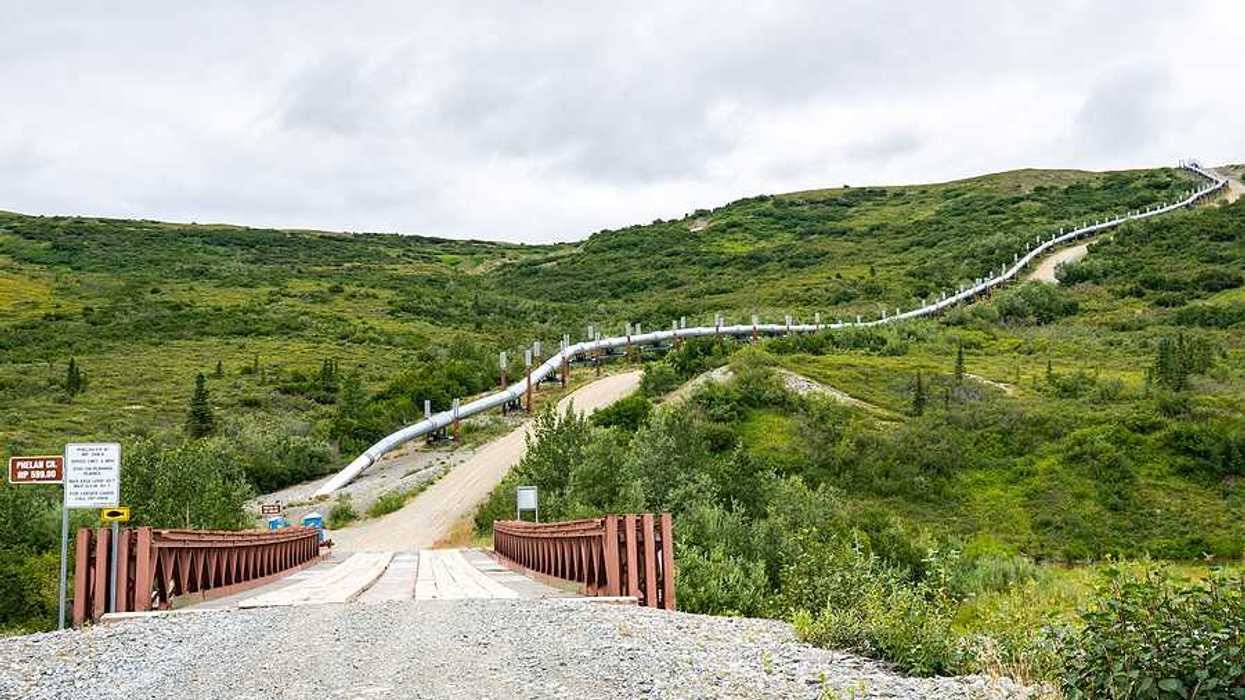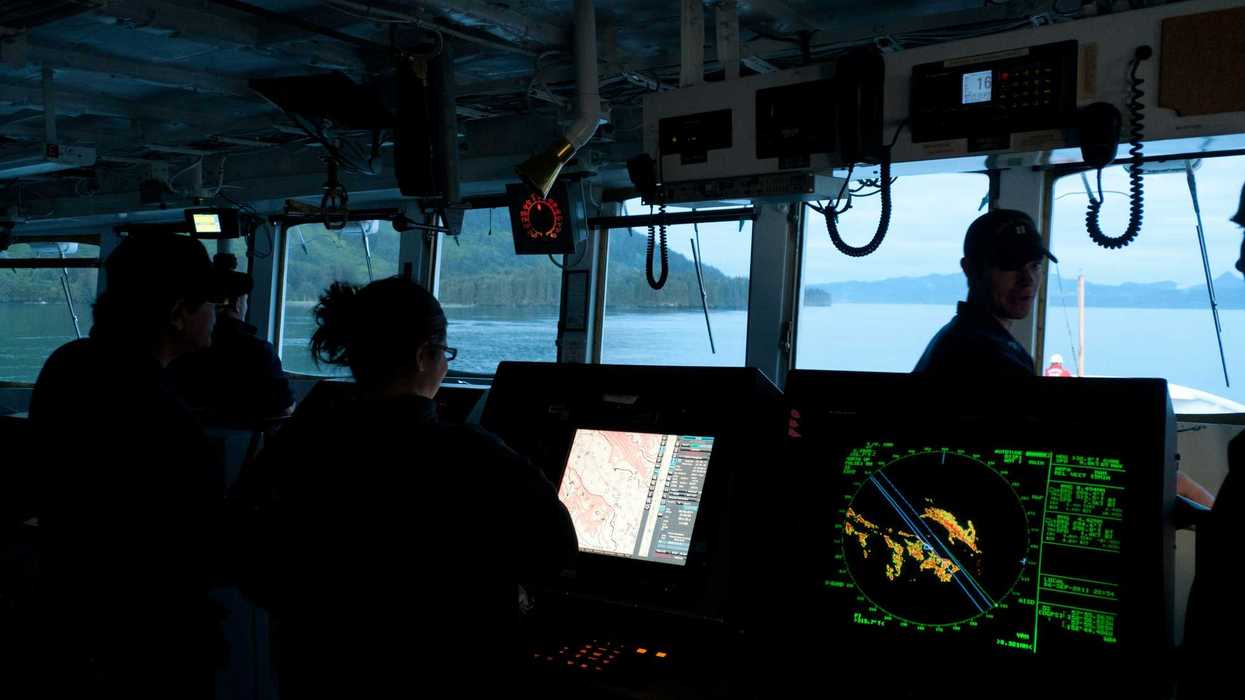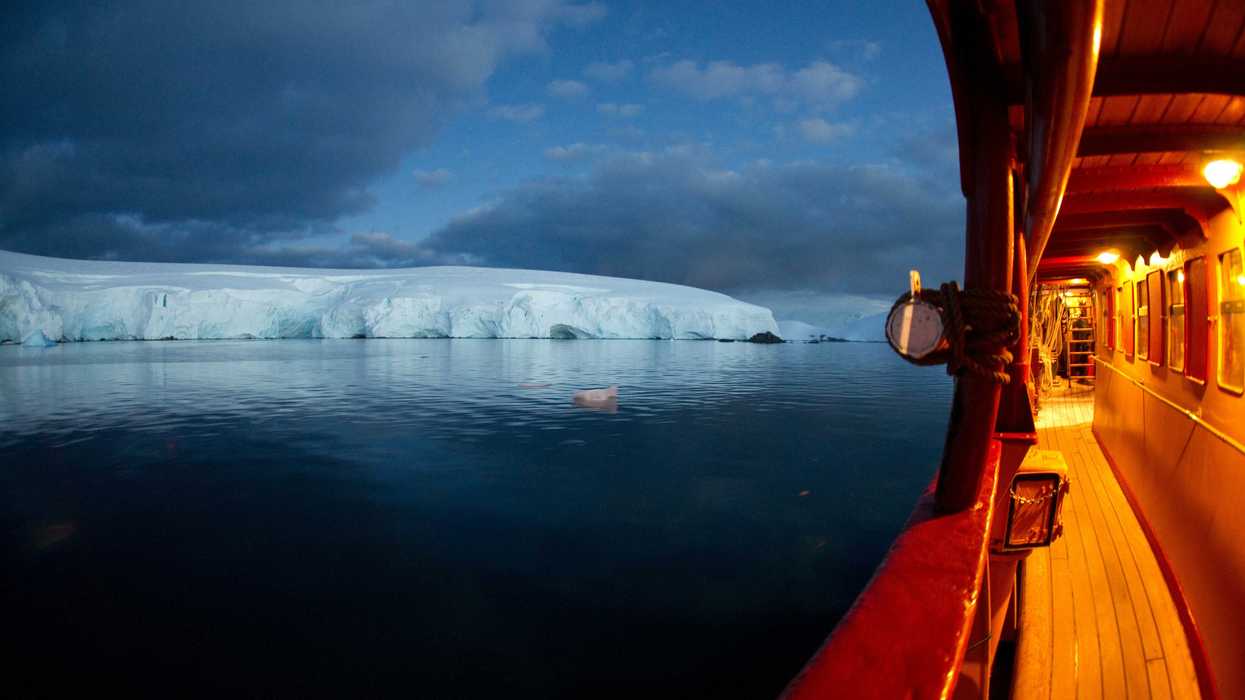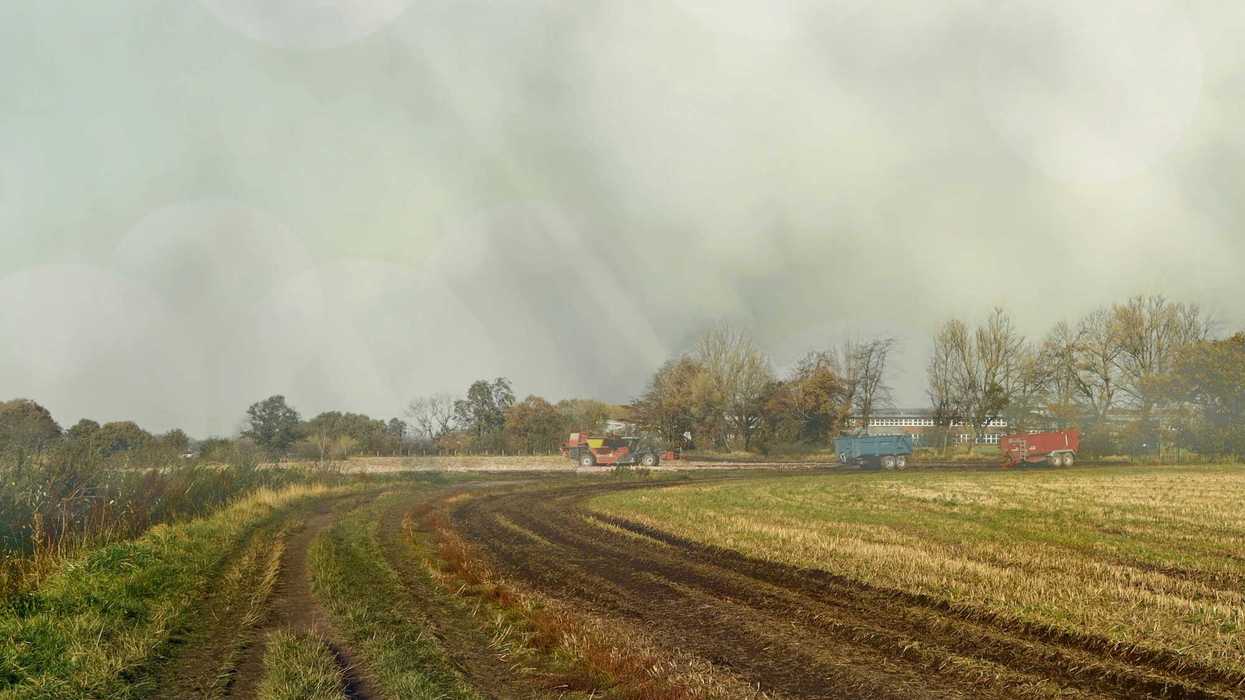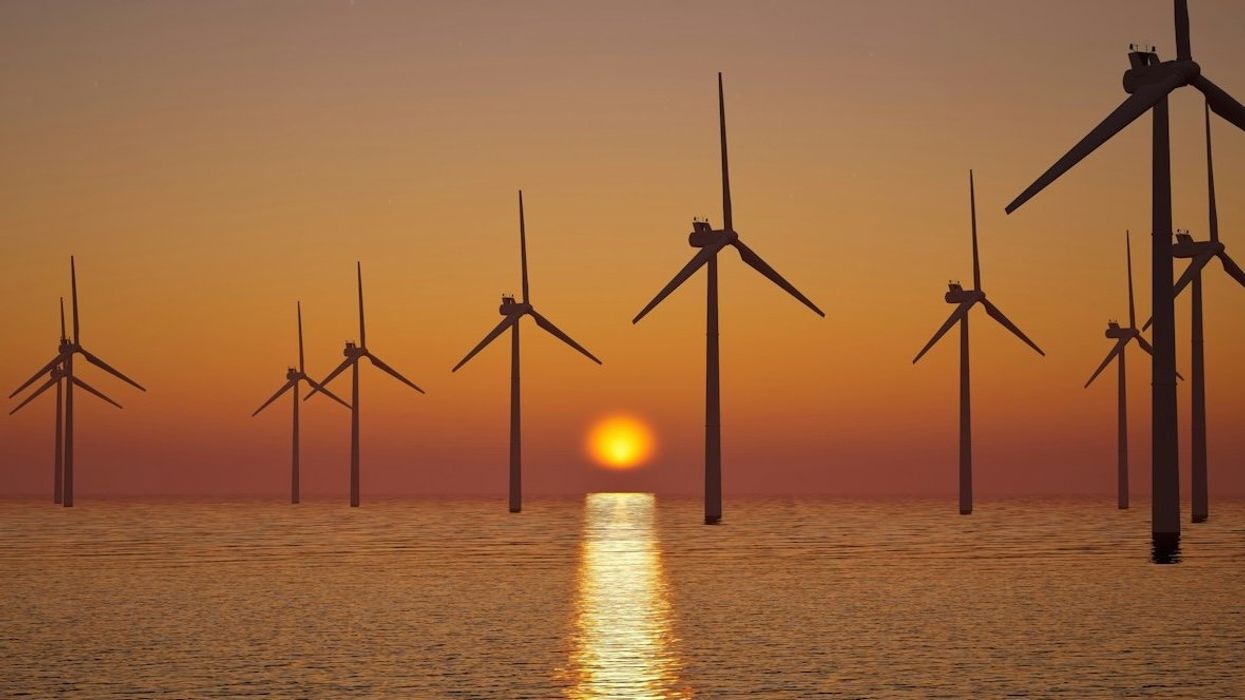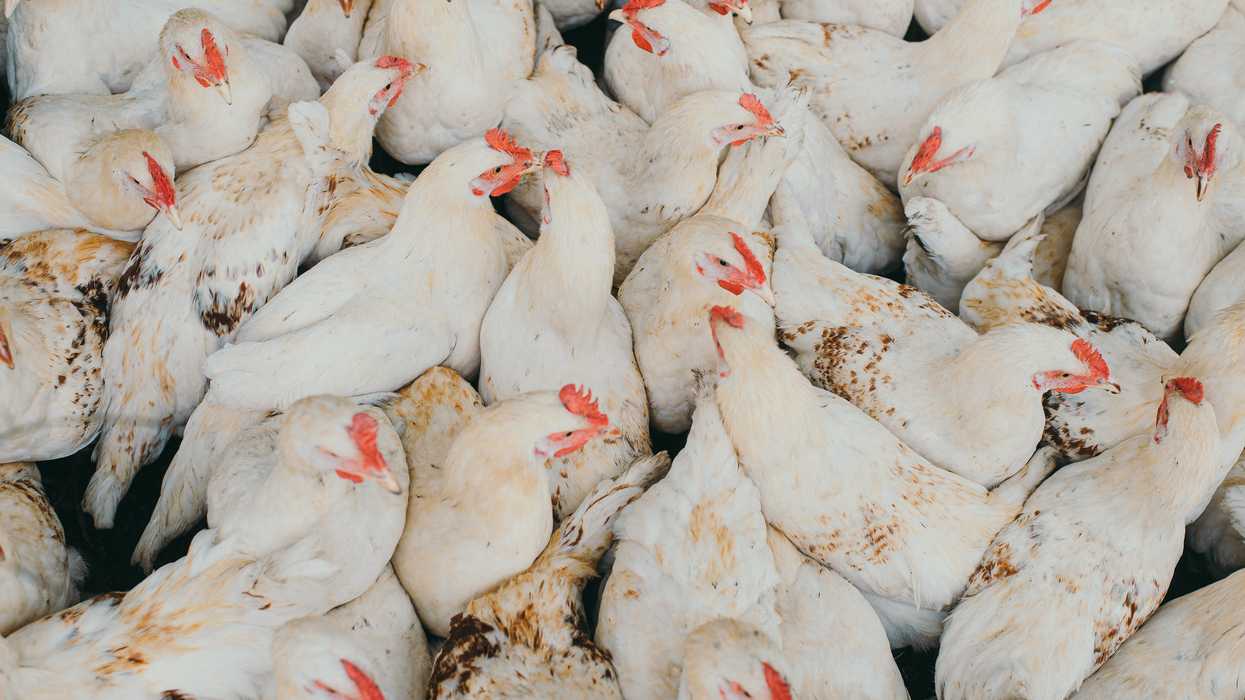Women are 14 times more likely to die and face higher rates of violence and homelessness during and after natural disasters in Australia, yet climate policies fail to address these dangers, experts say.
Stephanie Gardiner reports for The Australian Associated Press.
In short:
- Domestic violence and homelessness spike for women following natural disasters in Australia, with significant cases noted after events like the 2009 Black Saturday bushfires and the 2022 NSW Northern Rivers floods, new research found.
- Despite research, climate policies still overlook the heightened risks faced by women, who make up 80% of those displaced after disasters.
- Traditional gender roles during disasters often lead men to heroic duties while women bear increased caregiving burdens, exacerbating social and economic disadvantages.
Key quote:
“There’s the social disadvantage, but women are also economically disadvantaged and … when a crisis strikes, they’ve got less security and fewer resources to draw upon.”
— Carla Pascoe Leahy, research manager at the Women's Environmental Leadership Australia.
Why this matters:
Women face disproportionately higher risks during natural disasters, which exacerbate existing social and economic vulnerabilities. Ultimately, building resilience against natural disasters means building equity. By empowering women and addressing the root causes of their vulnerabilities, communities can create a more just and sustainable path to recovery.



